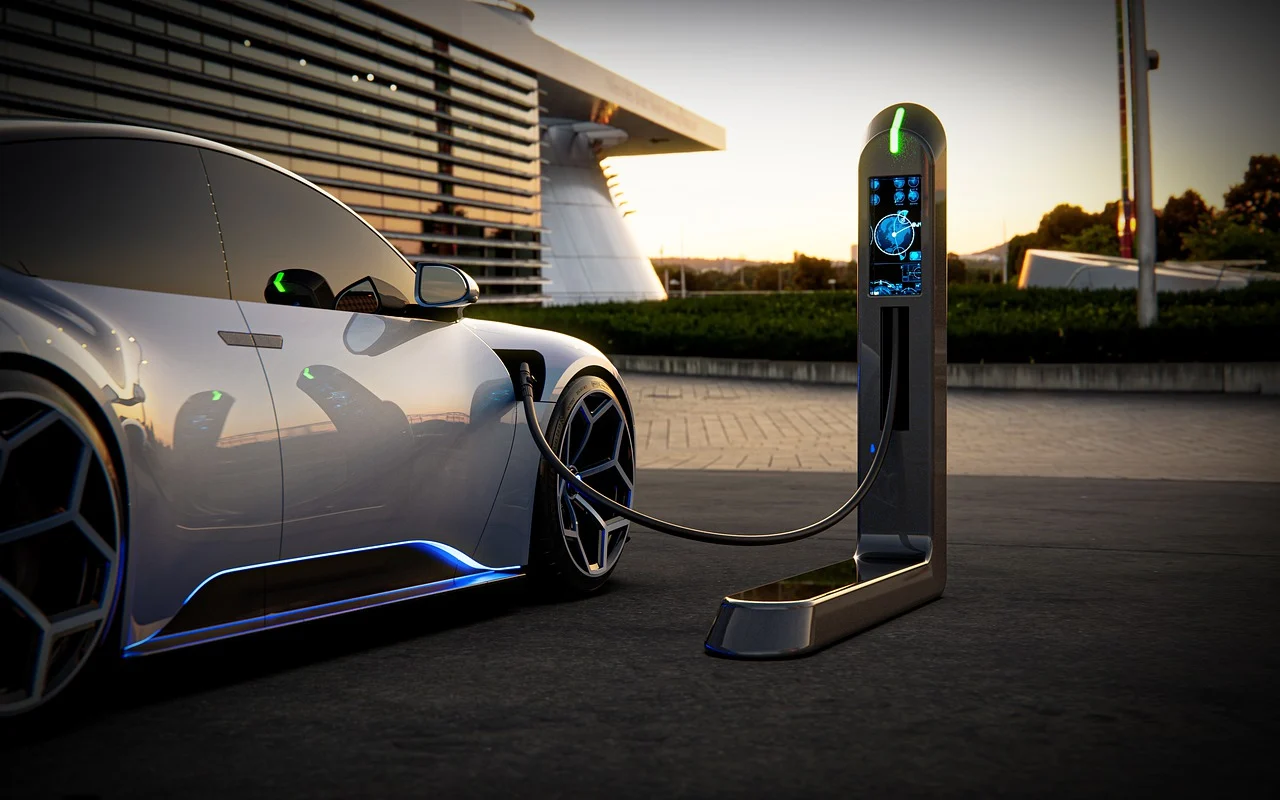
In a move that has sparked widespread debate, the UK government has officially announced a delay to its ban on the sale of new petrol and diesel cars, originally scheduled for 2030. The new deadline has been pushed to 2035, aligning the UK more closely with the EU's timeline—but raising concerns over the country's net-zero ambitions.
Prime Minister James Holloway cited economic pressures on households and manufacturers as the primary reasons for the delay. “We must balance ambition with practicality,” Holloway said during a Downing Street press conference. “The transition to electric vehicles must be affordable and achievable for everyone.”
The shift comes amidst inflationary pressures, supply chain issues, and lagging EV infrastructure development, particularly in rural areas. Critics argue the delay is a political move ahead of the upcoming general election.
For consumers, the delay offers more time to make the switch. While EV sales have grown, concerns over charging infrastructure, upfront costs, and battery longevity persist. The government has pledged an additional £1.2 billion toward EV incentives and rural charging networks to maintain momentum.
The delay has prompted mixed reactions from automakers. Ford UK expressed disappointment, calling the policy reversal “a threat to certainty and investment.” In contrast, Jaguar Land Rover welcomed the move, citing the need for a more gradual transition, especially in their luxury and off-road segments.
“Shifting the goalposts midway creates uncertainty,” said Rachel Thomas, a spokesperson for the Society of Motor Manufacturers and Traders (SMMT). “However, it also gives us a window to catch up on infrastructure and supply resilience.”
The government insists that the delay won’t derail its net-zero target for 2050. However, climate groups like Friends of the Earth and the Green Alliance argue the move weakens the UK’s global leadership on decarbonisation.
In response, the Department for Transport has outlined a revised Zero Emission Vehicle Mandate requiring manufacturers to hit stricter EV sales quotas annually starting in 2026.
According to a recent YouGov poll, 53% of Britons support the delay, mainly due to cost-of-living concerns. However, 39% say the decision undermines the country’s commitment to fighting climate change.
“This isn’t about abandoning climate targets,” said Transport Secretary Olivia Greene. “It’s about ensuring we take the public with us.”
Subscribe to UK most trusted independent news source. Get smart insights, expert takes, and critical updates — straight to your inbox.
Subscribe Now HotNo ads. No bias. Cancel anytime.
With only five years added to the timeline, manufacturers and consumers will still need to adjust rapidly. Experts warn that this delay should not be seen as a pause, but a chance to recalibrate and build public trust in EV technology.
Whether the UK can maintain its global reputation as a green innovator remains to be seen—but one thing is clear: the electric vehicle transition is still moving forward, just not as fast as once promised.